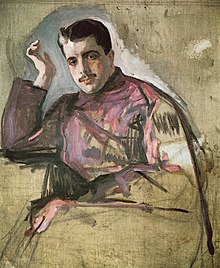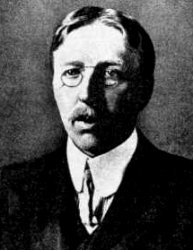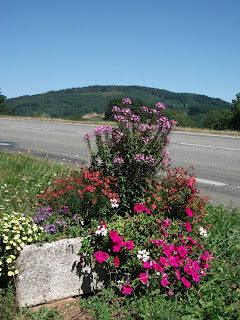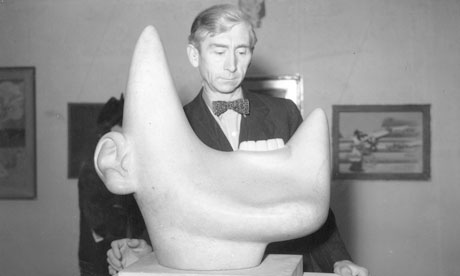
Here, as promised, is a faithful and true account of a typical day's activity in and around the Frankfurt Bookfair.
9.30 Arrive at stand, sweep glossy brochures left on table by Chinese printers into the bin.
9.35 Fatigued by previous activity, go to Bar /Cafe and purchase tasteless coffee and sandwich, wondering for the umpteenth time which is more remarkable: the ability of every German to speak better English than most English people, or the audacity of German snack manufacturers in pricing their wares. Decide that the purchase of food at the Buchmesse is solely responsible for strength of German economy.
9.40 First Chinese printer of the day approaches and leaves glossy brochure.
9.45 Meeting with Danish publisher who cannot believe our unwillingness - to buy the English rights for an encyclopedia of Scandinavian flour - can be ascribed to anything but stubborn wrong-headedness.
10.30 Constructively tour round other publishers' stands, extending network of associates and cementing existing relations, activities easily confused - to the untrained eye - with wandering aimlessly around and gossiping.
11.30 Second Chinese printer of the day approaches and leaves glossy brochure.
12.00 Lunch, paid for with small wheelbarrow of Euros, the vehicle having been rented for an immodest fee from the Buchmesse Facilities Office (Tri-wheeled division).
1.00 Meeting with distributor from developing country, who, pleading the general level of poverty in his nation , the Kafkaesque hierachy of bribes and import duties and intense competition, becomes cross when we refuse his reasonable offer of buying our books at 110% discount and acquiring the deeds to our houses.
2.00 Post-lunch coffee, following remortgage of our London office.
2.15 Meeting with author who is touring all publishers gullible enough to allow him to start a conversation. He gives a multi-media presentation about his novel which, through the sheer velocity of his will, holds us transfixed, (wedding-guest in Ancient Mariner style), for several hours. Say, lying, we will consider publishing 'The Angel Vampire Code'.
4.30 Accidentally have useful meeting about something real.
5.00 Torn to psychological shreds by the attempt to decide which publishers' parties to be seen attending, despite consulting IPhone app which cross-indexes all the various parameters, including predicted quality of wheat-based snacks, trendiness of publisher and optimal route between stands. Take so long to try and decide that the hall closes. Ambushed by posse of Chinese printers on way out. Curse own lack of vigilance and improper use of cover.
6.00 Accompany publishing cronies to restaurant and, despite being urbane, sophisticated metrosexual man, become involved in competition to see who can drink the most apfelwein without bowels exploding or face meeting floor.
8.00 Confidently clutching map of train system and street plan, at least one of which is upside down and relates to Berlin, head for hotel, which is in a sufficiently distant suburb to be within the means of a small publisher. Manfully board wrong train, alight at suburb on opposite side of city and begin trek of epic scale on foot, (possibly towards hotel), later to be immortalised by rising German poet. On way encounter, huddling in an underpass, warming themselves through the meagre remnants of their clothing around a makeshift brazier, the employees of a small poetry publisher who came to the Fair three years ago and are still looking for their hotel,which is a dog kennel in Baden-Baden.
10.00 Find hotel. Stagger into room and, pausing only to throw Chinese printer out of window, fall asleep, to dream of isbns.
David
 The delicious Grub Street Press recently issued South Wind through the Kitchen, which is a charming collection of favourite passages from the writer and cook Elizabeth David, selected by various people. It is no coincidence that the title of the Capuchin Classic South Wind (by Norman Douglas) overlaps with the David anthology. Douglas and David became friends in Capri - where our novel is set, albeit under another name - and Douglas is mentioned several times in Grub Street's book.
The delicious Grub Street Press recently issued South Wind through the Kitchen, which is a charming collection of favourite passages from the writer and cook Elizabeth David, selected by various people. It is no coincidence that the title of the Capuchin Classic South Wind (by Norman Douglas) overlaps with the David anthology. Douglas and David became friends in Capri - where our novel is set, albeit under another name - and Douglas is mentioned several times in Grub Street's book.











































